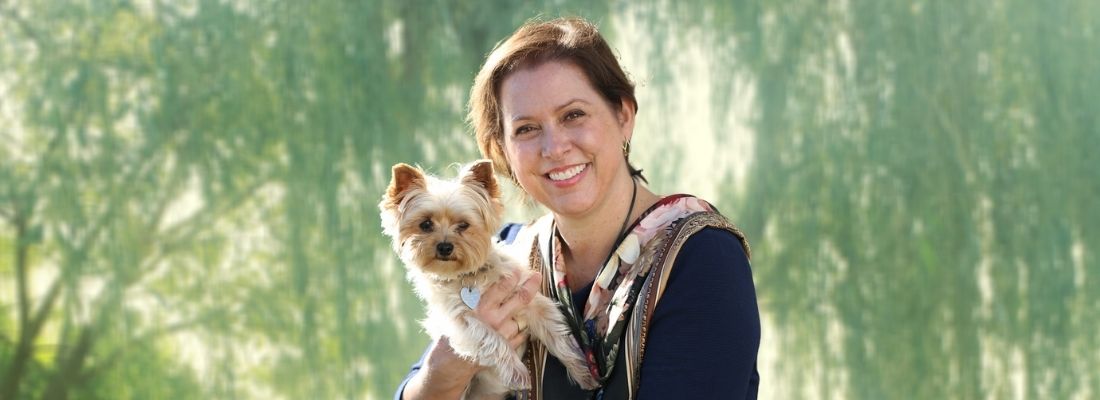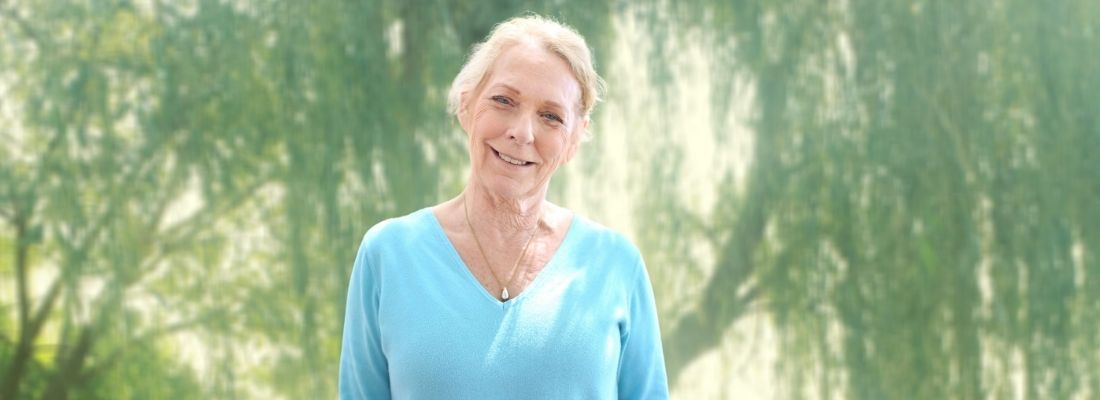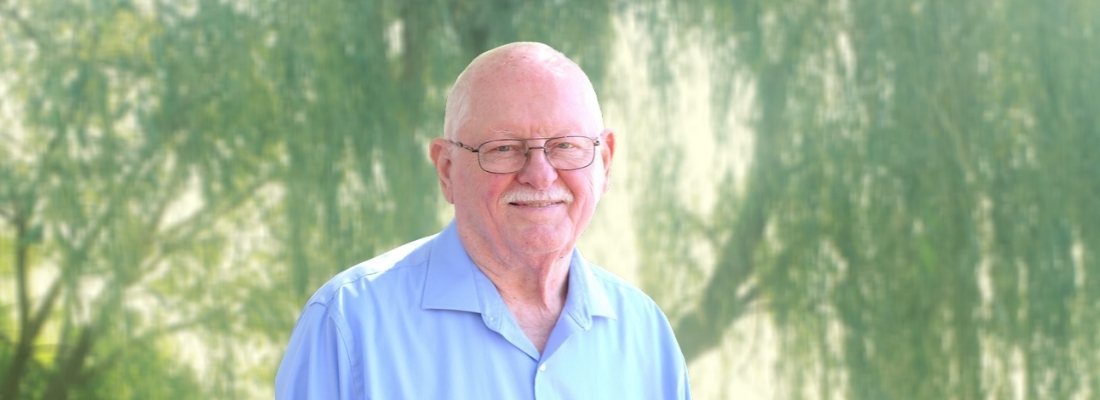| Between the year 2000 when my dad was diagnosed with stage IV lung cancer and the year 2016 when I was diagnosed with stage II Her2+ breast cancer, not much had changed in the way of psychosocial support for cancer patients and their loved ones in the Charleston area. So, five years ago I decided I would follow in the footsteps of women like Anne Turnage, Kay Royal, Marilyn Burdick and Jenny Ridnour whom I met through volunteer work with CanCare. These intelligent, spunky and compassionate women have made a major impact in the cancer community by providing patient advocates inside hospitals and training one-on-one peer mentors to be matched with patients and caregivers who need emotional support. I’d like to thank these women for inspiring me to bring CanCare to the Charleston area. After a cancer diagnosis there is simply nothing quite as powerful as speaking with someone who has experienced what you are facing and CanCare provides a safe and convenient way to make these valuable connections happen. And it doesn’t matter when someone realizes they need support. Sometimes it isn’t until after treatment is over that people find they are ready to process what they’ve been through and how they want to move forward.
Actress Viola Davis has written a moving memoir entitled “Finding Me” in which she talks about running away from the poverty and abuse that plagued her childhood. She was so desperate to simply survive that it wasn’t until her adulthood when she was safe and had time to reflect that she realized in her heart that she was still running. This got me to thinking about how people who receive a cancer diagnosis often find themselves in a mode where they are willing to tolerate just about anything so as to beat the cancer and survive. While more and more people are surviving cancer, more and more people are also being diagnosed, so it’s time we put more measures in place to help people cope with cancer treatment and its aftereffects. We are all so focused on running to and crossing the finish line of “no evidence of disease” that if/when we are lucky enough to get there, we often don’t know what to do with ourselves. We find ourselves asking, “What now?” What happens next varies. Some are able to put their cancer experience behind them and pick up where they left off, while others find themselves depressed or stuck in a new and unfamiliar place. I think Viola Davis’ advice to those trying to come to terms with trauma is appropriate for cancer survivors too. For those who feel they are still running or searching to redefine themselves, she recommends asking the old you to pass the baton to the new you, but first you must do the work of deciding who you want the new you to be. She says, “Be brave” and “YOU decide.” I love that.
As we embark on a new season, I’d like to ask you, our clients and volunteers, “What do you want CanCare Charleston to look like going forward? Would you like us to do things differently? Would you like to see CanCare volunteers inside area infusion centers and waiting rooms? We would love the opportunity to speak with several pairs of volunteers and clients to hear how CanCare has affected you for the better. If you would allow us to video some of these conversations, I believe we could really affect change in area hospitals and cancer centers. If you’re open to speaking with us, please reach out here.
Yes, I am open to being interviewed.
|
CanCare Charleston Is Growing!
|
|
| – A warm welcome to our newest members: Robin Adams, Sue Kraft, Troy Leboeuf and Vincent Skotko.– According to records on the CanCare portal that became active September 2020, CanCare Charleston has supported over 200 clients, 62 of which are from South Carolina!
-If you have ideas how we might attract more clients from South Carolina, let us know! |
|
Local Volunteer Spotlight: Pam Miller
This month we are highlighting one of our beloved local volunteers, Pam Miller, who has supported over 24 clients. Pam is a wife, mother of two adult daughters, grandmother to three grandsons and a stage IV pancreatic cancer survivor of 8 years. Pam had been healthy and working for 20 years when she was diagnosed at age 61 with rare neuroendocrine cancer. An eternal optimist, Pam recalls deciding, “The fight is on!” She had the tail of her pancreas removed as well as her gall bladder, spleen and 9 lymph nodes. Cancer had also spread to her liver, her 7th rib and her femur bone. Pam has had a radioactive isotope called “Y90” put in her liver tumor twice and had 4 injections of radioactive Lutathera at Duke. Pam has taken one chemo drug after another to keep her cancer at bay. Affinator and Sutent have unfortunately caused heart damage (Pam now has a pace maker), diabetes and thyroid damage, but Pam and Jim have been embracing life to the fullest. In 2000, Pam and Jim started traveling. All the photos in this edition of our newsletter are Jim’s. You can check out his work at http://jimmillerimages.com Their travels have taken them from Iceland to Africa. Their next adventure will be to Switzerland, but Pam will always find time for her CanCare clients. “I’ll call a client from Africa if I have to,” says Pam. She continues to encourage people to talk to their doctors, ask questions, always have a back-up plan and know what trials are available. She is quick to remind people, “You are your own best advocate!” Thank you, Pam, for your example and encouragement. 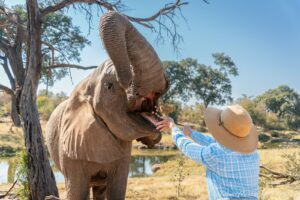 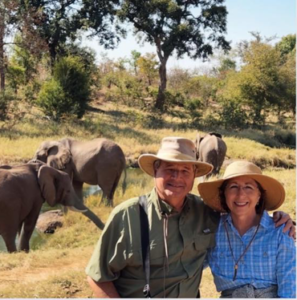
Dining with Hope
The American Cancer Society supports Hope Lodges across the country. Did you know the very first one was created by Carol Grotnes Belk on Calhoun Street in 1970? Every Hope Lodge provides a free home away from home to folks needing a place to stay nearer their cancer treatment. Our local Hope Lodge needs our help!
We have the opportunity to prepare dinner for the residents of our local Hope Lodge September 21st. We are looking for 6 vaccinated volunteers who are willing to arrive around 4:30/5:00 to prepare a meal for 45 people in the spacious kitchen of our Hope Lodge. Dinner and dessert will be served at 6:00. If you’re interested in helping either by buying the groceries, paying for the groceries, or preparing the actual meal, please respond here. [email protected]
More information can be found at the link below.
We are looking for people interested in working on our training team! If you are already a CanCare volunteer and have the interest and skillset (teaching, counseling, or public speaking experience) please contact Lynn Joye.[email protected]Online trainings will take place the following weekends via Zoom:
October 8-9November 12-13
Upon receipt of an application CanCare will reach out to schedule an interview and a brief Zoom tutorial. Link to application is here. |
|
|
|
|
|


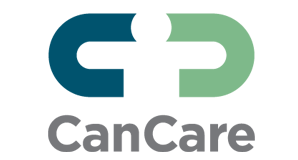


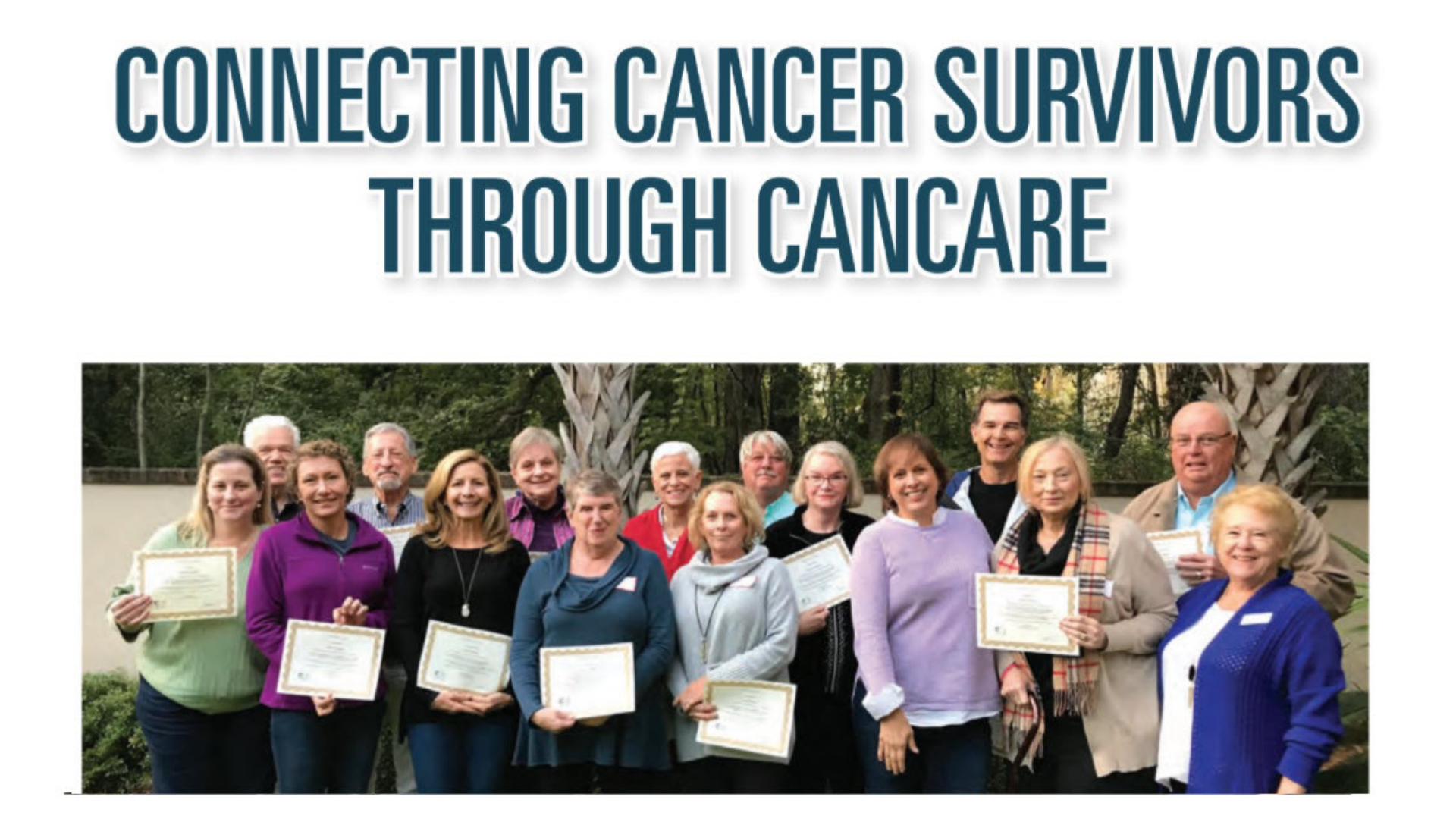

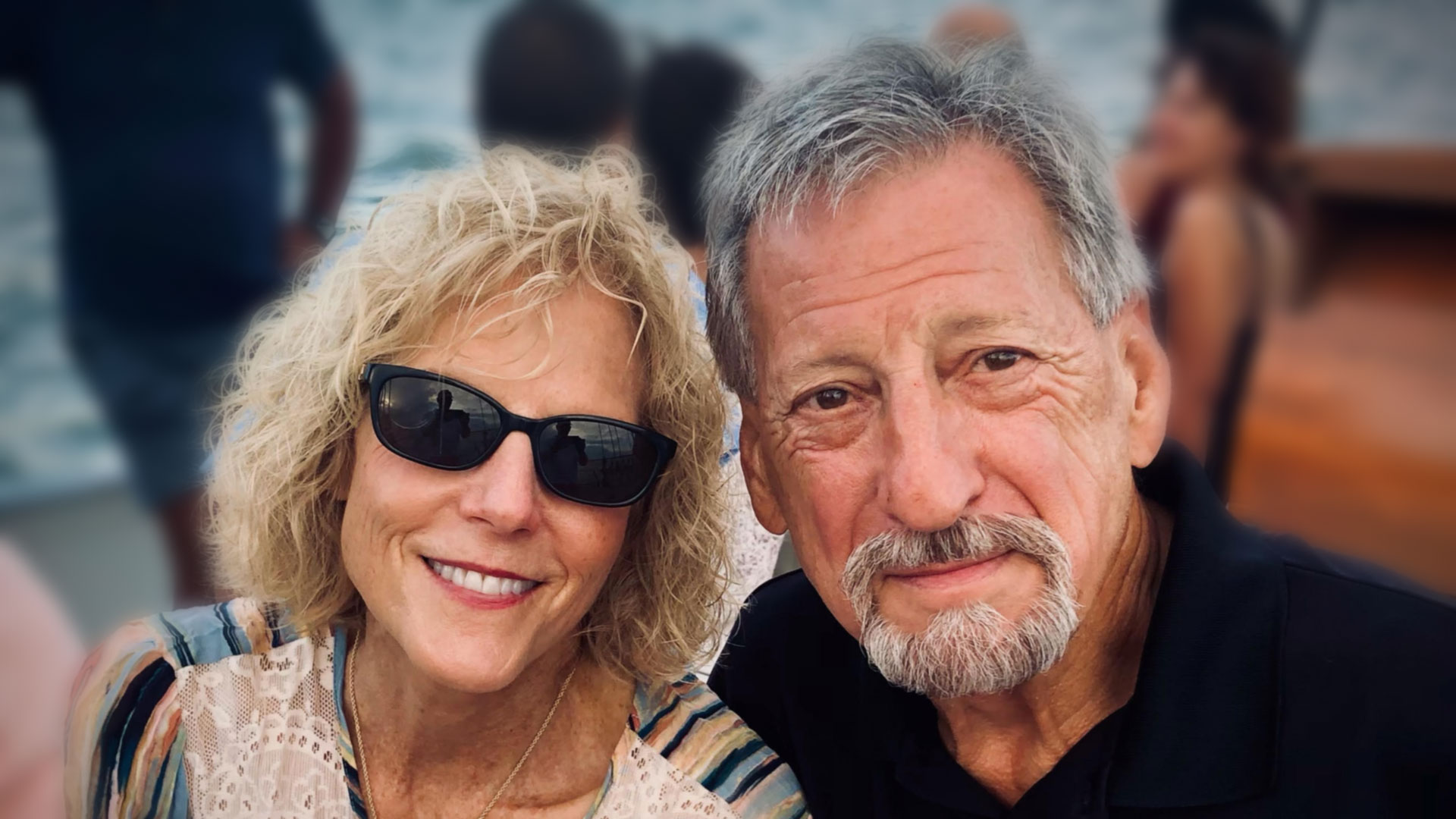
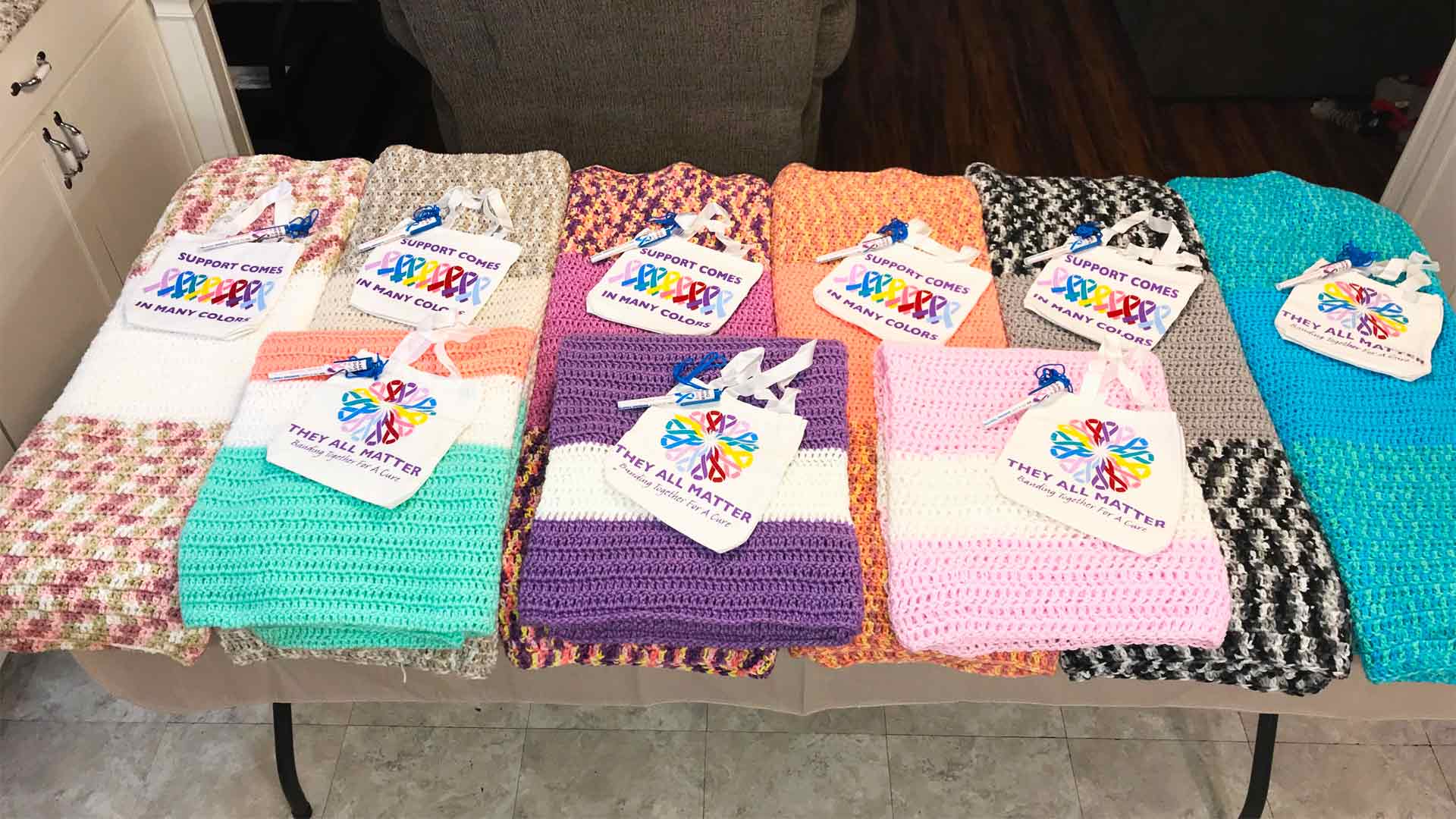
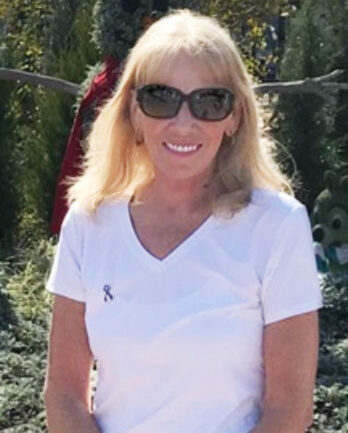
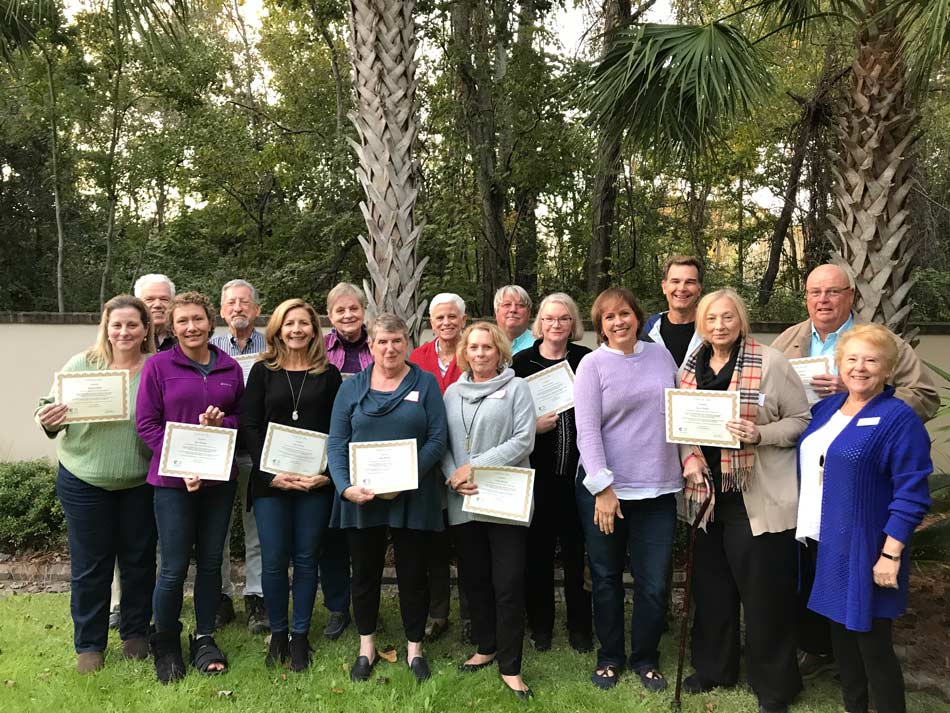
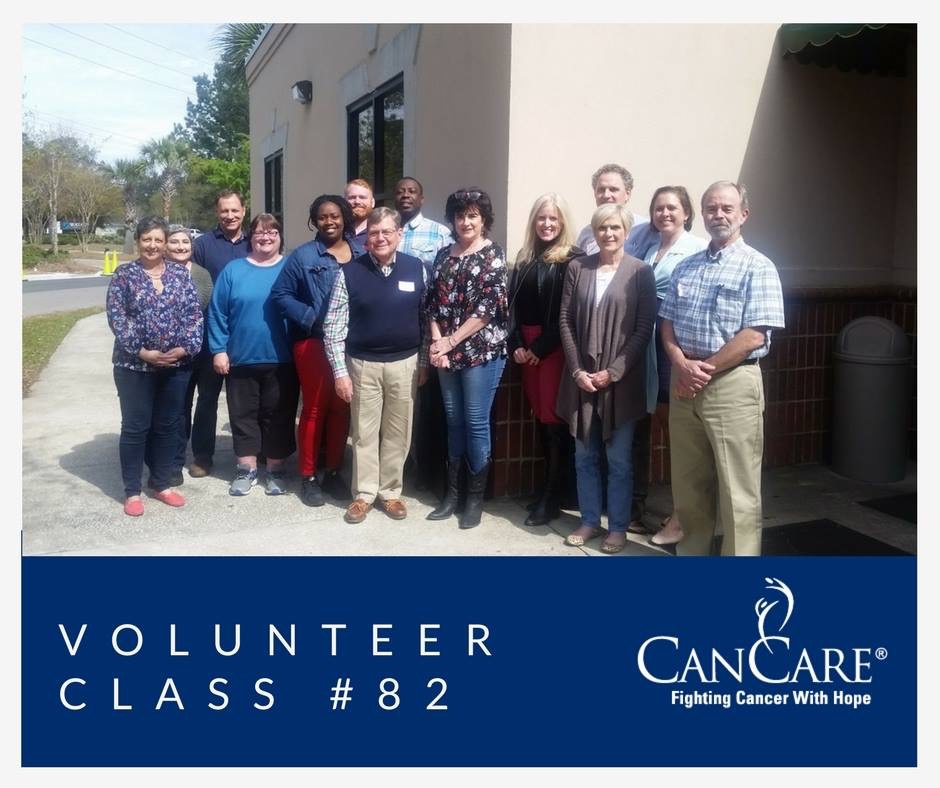

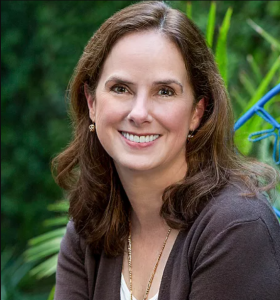 Ms. Harrell says, “Human beings are naturally resilient, but it’s also natural to feel overwhelmed at times.” She notes on her website that counseling helps as you explore the emotions you have related to the issues in your life.
Ms. Harrell says, “Human beings are naturally resilient, but it’s also natural to feel overwhelmed at times.” She notes on her website that counseling helps as you explore the emotions you have related to the issues in your life. 